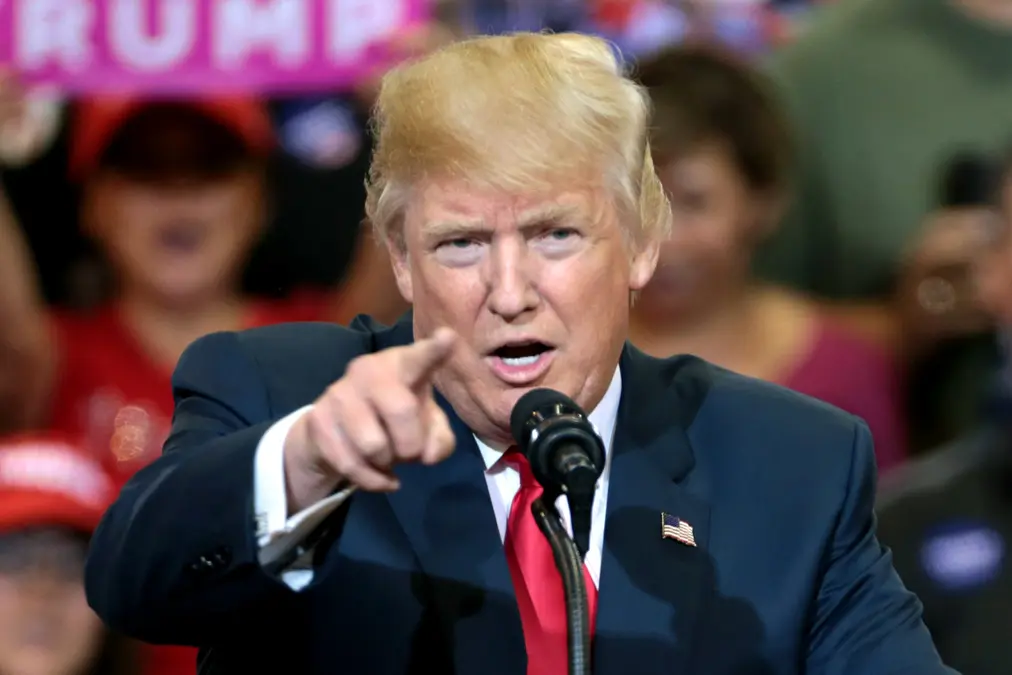For decades, the U.S. has been looking for a president who can unite the nation, lead with a clear vision, and command respect, both at home and abroad. Ronald Reagan is often remembered as the last president with a truly visionary leadership style, guiding the country through the final days of the Cold War with a combination of strength and optimism. His successor, George H. W. Bush managed a steady hand during a period of global change, overseeing the Gulf War and the collapse of the Soviet Union. Yet, the presidents who followed have left many wondering if the U.S. has lost its place as a global leader.
Bill Clinton’s presidency brought economic prosperity, but his focus on short-term results left long-standing inequalities unaddressed. As the New York Times noted in a 2000 retrospective, “Clinton’s economic policies created a boom, but left underlying inequalities untouched.” Barack Obama’s time in office was historic, with achievements like the Affordable Care Act and efforts to restore America’s image abroad. However, his cautious foreign policy raised questions about the U.S. retreating from its role as the world’s leader. Foreign Policy magazine highlighted, “Obama’s reliance on diplomacy over decisive action often left allies uncertain and adversaries emboldened.”
Donald Trump’s rise to the presidency was a sharp break from the norm. His bold, often unpredictable style grabbed headlines but sometimes overshadowed actual policy. The Brookings Institution reported, “Trump’s tax cuts gave a short-term boost to the economy but mainly helped the wealthiest Americans, leaving the middle class and working poor behind.” His foreign policy, marked by abrupt decisions and a more transactional approach, created tension with long-standing allies and threw global stability into question.
Meanwhile, the world has changed dramatically. China’s rise as an economic and military powerhouse has posed a serious challenge to the U.S.’s position as the top global superpower. By 2020, China surpassed the U.S. as the largest trading partner for many countries, according to the Peterson Institute for International Economics. The U.S. withdrawal from Afghanistan in 2021 ended a two-decade-long conflict, but the decision left behind instability and uncertainty in the region.
Trump’s potential second term presents both challenges and opportunities. His first term was marked by disruption, but the next one must focus on building a clearer, more strategic approach to global issues, particularly in managing the complex relationship with China. A 2022 study by the Council on Foreign Relations noted, “A balanced approach to China that blends competition with cooperation is crucial for maintaining global stability.”
Domestically, Trump faces deep divisions within American society. Immigration remains a flashpoint. A 2021 Pew Research Center study found that “a majority of Americans support providing a path to legal status for undocumented immigrants, but they remain divided on how to handle border security.” To bridge these divides, Trump could prioritize policies that offer humane solutions while still securing the nation’s borders.
While Trump’s grand ideas—such as buying Greenland—have sparked debate, they often need more practical grounding. Greenland’s foreign minister, Ane Lone Bagger, famously dismissed the proposal in 2019, saying, “Greenland is not for sale.” Such ambitious plans, while eye-catching, require diplomatic finesse and international collaboration if they are to become reality.
The U.S. has learned painful lessons from past military interventions. The Vietnam War, the Iraq invasion, and the conflict in Afghanistan have cost the U.S. trillions of dollars and countless lives. A 2019 report from Brown University’s Costs of War Project estimated that these conflicts have cost the U.S. over $6.4 trillion and resulted in hundreds of thousands of deaths. These costly lessons should shape future U.S. leadership, encouraging a shift toward diplomacy and multilateral cooperation instead of unilateral military actions.
Trump’s second term offers a unique opportunity to reshape his legacy. He must evolve from a disruptor to a statesman, finding a balance between the needs of the American people and its global responsibilities. As former Secretary of State Henry Kissinger once said, “The task of the leader is to get his people from where they are to where they have not been.” Trump’s challenge will be to lead America into a future that’s not only about asserting power but also about building partnerships and resilience.
The world watches closely. The next steps America takes will not just define its future but influence the global order for generations. The time for thoughtful, strategic leadership is now.
Welcome, Mr. Trump. The world hopes for a future shaped by cooperation, diplomacy, and strength.


